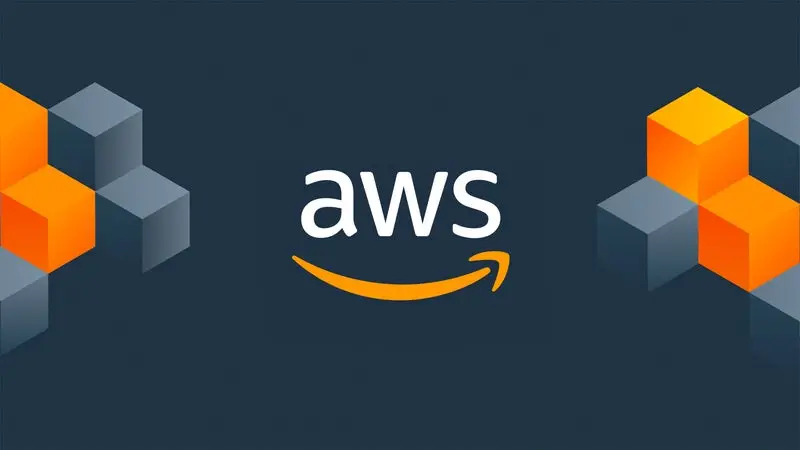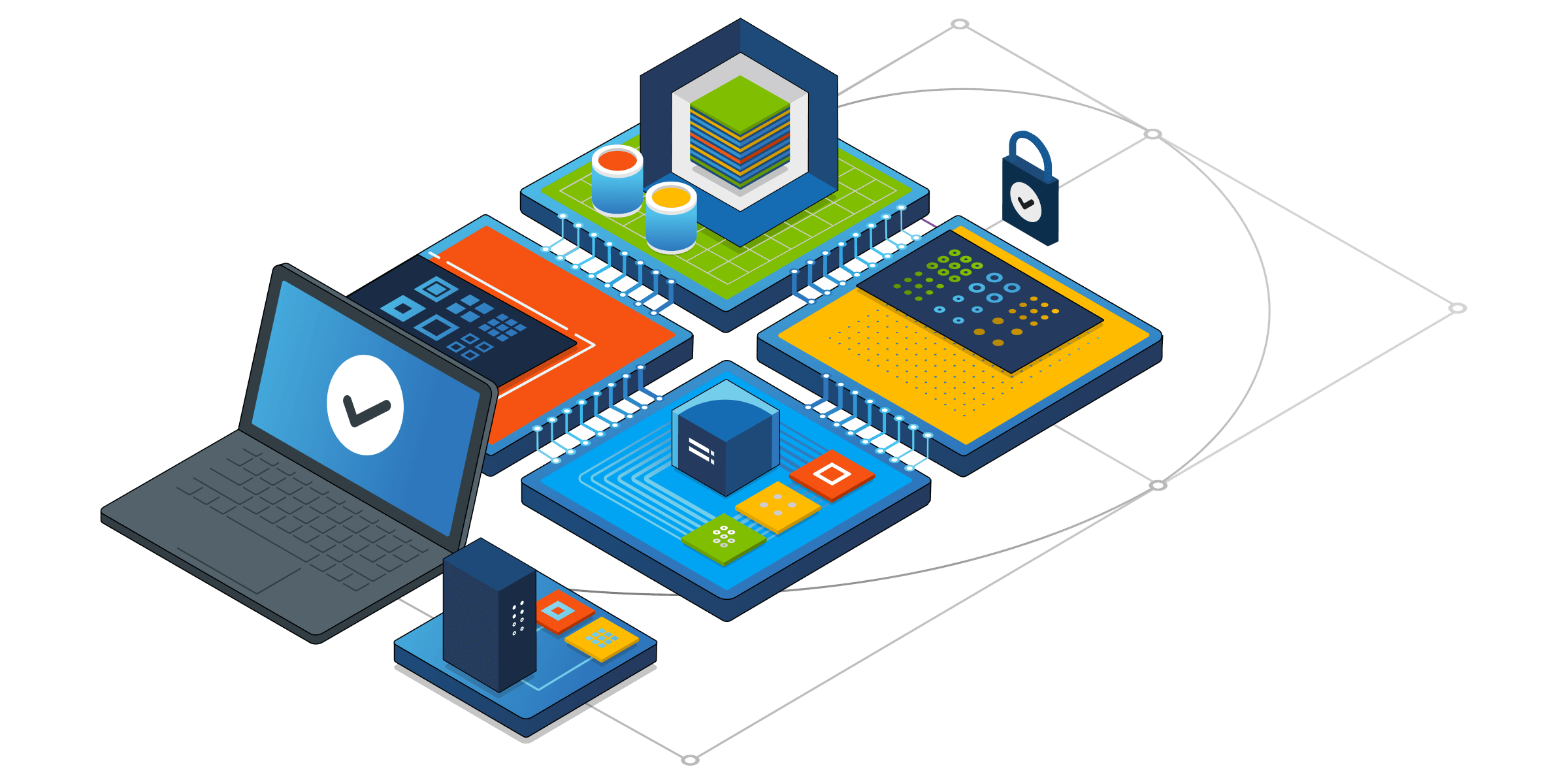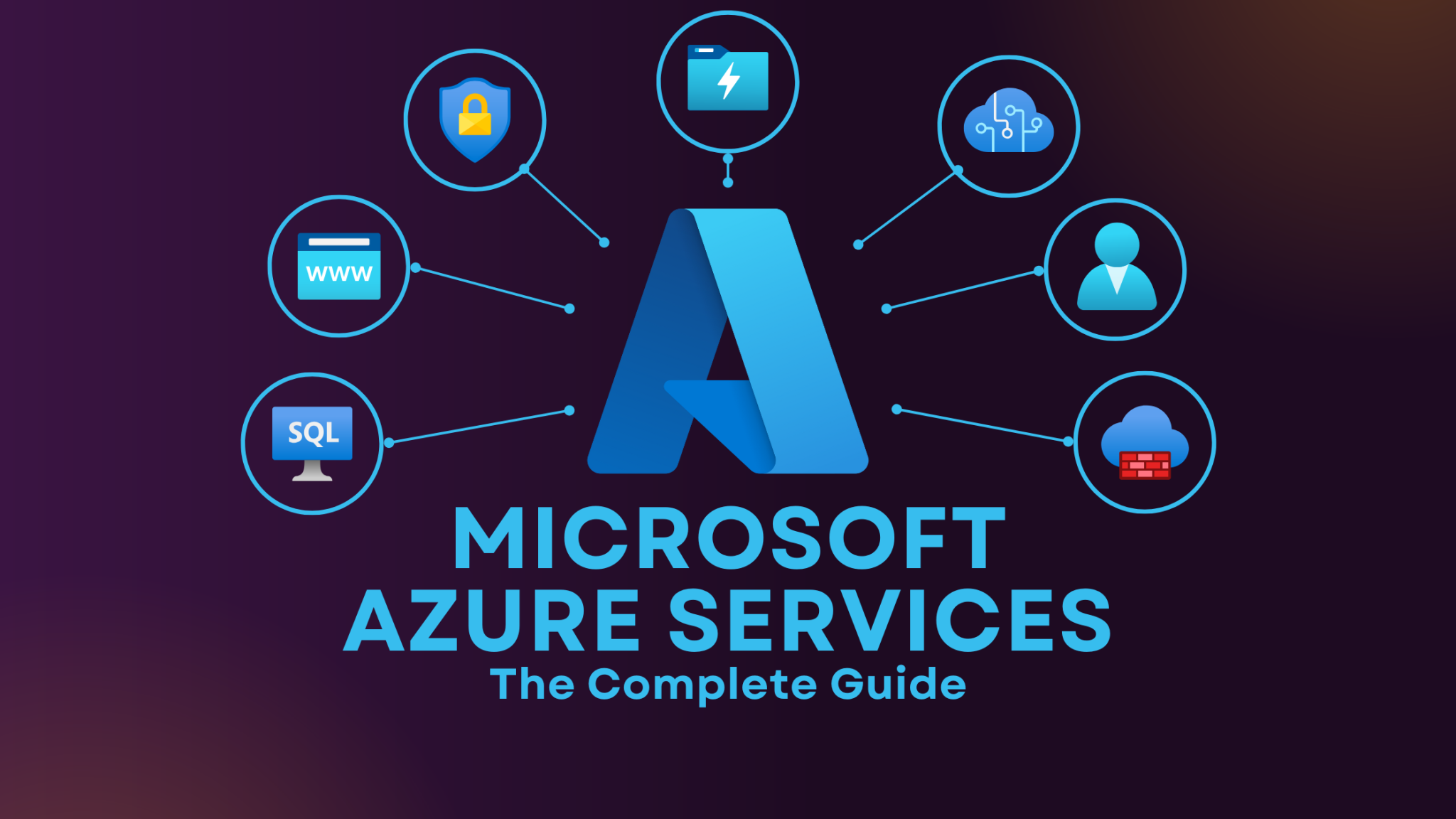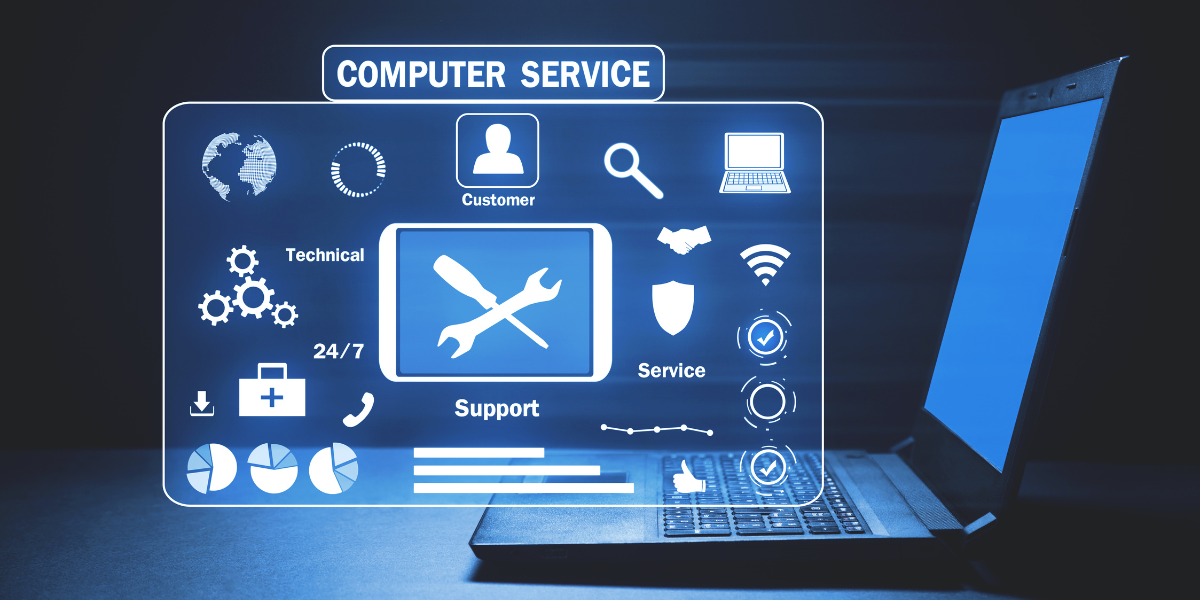Technology is the backbone of modern businesses, and professional IT support plays a crucial role in maintaining operational efficiency. Whether it’s ensuring cybersecurity, managing IT infrastructure, or offering help desk support, IT services are essential for seamless business operations. As organizations increasingly rely on digital tools, managed IT support services become a necessity rather than a luxury. In this article, we’ll explore the importance of IT support, its different types, and how businesses can benefit from outsourcing IT services.
What is Professional IT Support?
Professional IT support refers to a range of technical services designed to assist businesses in managing their IT needs. These services include IT support services, infrastructure management, network security, software troubleshooting, and cloud solutions. IT support teams ensure that all hardware, software, and networks run smoothly, minimizing downtime and optimizing productivity.
Modern businesses rely on Business IT support to handle day-to-day technical issues, implement security measures, and maintain data integrity. IT professionals provide proactive monitoring, system updates, and real-time assistance, allowing businesses to focus on their core operations without IT-related disruptions. With the right IT support and services, companies can safeguard sensitive information and enhance their digital capabilities.
Why is IT Support Important for Businesses?
IT support is vital for businesses of all sizes, as it ensures seamless operation, data security, and technical efficiency. Companies today operate in a digital landscape where cybersecurity threats, system failures, and data breaches are common risks. IT support services provide businesses with the necessary protection to mitigate these risks, ensuring data confidentiality and system reliability.
Moreover, IT support enhances customer satisfaction by ensuring that businesses can respond to queries, process transactions, and manage communication channels without interruptions.
Whether through IT helpdesk support or advanced system monitoring, having a dedicated IT team improves service delivery and operational efficiency. Without proper IT support, businesses risk financial losses, reputation damage, and prolonged downtime.
What are the Different Types of IT Support Services?
Businesses can choose from various IT support models depending on their needs. The most common IT support and managed services include:
- On-Site IT Support – Technicians visit a business location to resolve hardware or software issues.
- Remote IT Support – Experts provide troubleshooting and maintenance remotely, reducing costs and improving response time.
- IT Helpdesk Support – A dedicated team handles technical queries and resolves system-related problems for employees and customers.
- Managed IT Support Services – Third-party providers manage an organization’s entire IT infrastructure, including cloud services, cybersecurity, and maintenance.
- IT Infrastructure Management – Comprehensive oversight of a business’s technology framework, ensuring security, scalability, and operational efficiency.
Selecting the right IT support managed services ensures that businesses receive tailored solutions that align with their operational requirements.
How Does IT Support Improve Business Efficiency?
Efficient IT infrastructure services are crucial for streamlining business operations. IT support teams proactively monitor systems, detect issues before they escalate, and implement performance optimizations to keep businesses running smoothly. Through automated updates, regular backups, and cybersecurity protocols, businesses can enhance efficiency while reducing the risk of operational failures.
Additionally, Business IT support improves internal communication by ensuring seamless connectivity between teams. IT solutions, such as cloud computing and collaboration tools, empower employees to work more productively, regardless of location. With an effective IT strategy in place, businesses can increase efficiency, improve data management, and minimize disruptions.

What Are the Key Benefits of Outsourcing IT Support?
Outsourcing IT services to an IT services provider can significantly reduce operational costs while improving overall system reliability. Some key benefits include:
- Cost Savings – Outsourcing eliminates the need to hire in-house IT staff, reducing overhead costs.
- Access to Expertise – Managed IT providers employ specialists in various fields, ensuring businesses receive top-tier support.
- Scalability – Businesses can adjust IT services based on growth, seasonal demands, or evolving technology needs.
- Proactive Monitoring – IT providers monitor systems in real-time, preventing security breaches and downtime.
- Focus on Core Business – Companies can dedicate their time and resources to business growth rather than IT troubleshooting.
By leveraging it support and managed services, businesses gain access to industry-leading expertise while ensuring long-term digital success.
How Does IT Support Enhance Cybersecurity?
Cybersecurity threats, such as phishing attacks, ransomware, and data breaches, pose significant risks to businesses. Professional IT support and services provide the necessary security measures to protect sensitive business information.
With managed IT support services, businesses benefit from firewalls, encryption protocols, multi-factor authentication, and regular security audits. IT professionals also educate employees on cybersecurity best practices, reducing the risk of internal breaches. As cyber threats evolve, businesses must invest in advanced IT security solutions to safeguard their digital assets.
What Should Businesses Look for in an IT Support Provider?
Selecting the right IT services provider is crucial for maintaining reliable technology infrastructure. Businesses should evaluate providers based on:
- Experience and Expertise – A reputable provider should have a proven track record of delivering high-quality IT solutions.
- Scalability – The ability to adjust services based on business growth and technology
- Security Measures – A strong focus on cybersecurity, data protection, and
- Customer Support – 24/7 availability, fast response times, and proactive issue
- Custom Solutions – Tailored IT support plans that align with business needs and industry requirements.
Partnering with a reliable it support managed services provider ensures businesses receive the necessary technical assistance for sustainable growth.
We understand that each business has unique challenges and goals. We tailor our services to meet your specific needs, focusing on providing measurable results and significant impact at every turn.
SPRING IT SERVICES Tweet
How Does 24/7 IT Support Benefit Businesses?
In today’s digital world, businesses operate beyond traditional working hours, making 24/7 IT support essential. Continuous IT monitoring ensures that technical issues are detected and resolved immediately, minimizing operational disruptions.
Whether it’s a server crash, cybersecurity breach, or software failure, having round-the-clock IT assistance prevents prolonged downtime. IT help desk support services also improve customer experiences by ensuring that online platforms, communication systems, and payment gateways remain operational at all times.
What Industries Need Professional IT Support the Most?
While all businesses benefit from IT support, certain industries require specialized IT infrastructure management due to the nature of their operations. These include:
- Healthcare – Secure patient data management, compliance, and telemedicine
- Finance – Fraud prevention, cybersecurity, and regulatory
- Retail & E-commerce – Payment processing security, inventory management, and website uptime.
- Education – E-learning platforms, student data protection, and digital collaboration
- Manufacturing – Automation, supply chain security, and IoT
By investing in IT infrastructure services, businesses in these industries can ensure seamless operations while staying ahead of technological advancements.
How Can IT Support Reduce Downtime?
Downtime is one of the biggest challenges businesses face, leading to revenue losses and customer dissatisfaction. IT support managed services help minimize downtime by implementing:
- Proactive System Monitoring – Detecting issues before they escalate into major
- Disaster Recovery Solutions – Ensuring quick data restoration in case of cyberattacks or system failures.
- Regular Maintenance – Updating software, patching security vulnerabilities, and optimizing performance.
- Cloud Solutions – Enabling remote work continuity and data
By leveraging it support and managed services, businesses can maintain uninterrupted operations, boosting productivity and customer satisfaction.
Final Thoughts
Professional IT support is no longer an option but a necessity for modern businesses. From IT help desk support to managed IT support services, companies must invest in robust IT strategies to remain competitive. With the right IT services provider, businesses can enhance security, improve efficiency, and reduce downtime, ensuring long-term success.
By choosing support services tailored to their needs, businesses can focus on growth while leaving technology management to the experts.




















